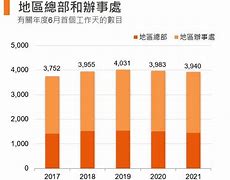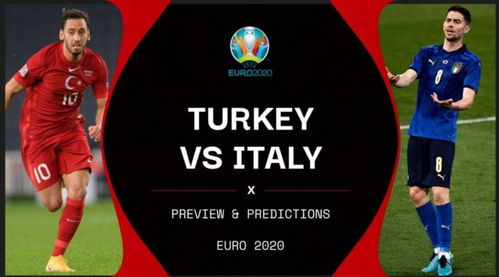In the realm of professional sports, integrity stands as a cornerstone, essential for maintaining the spirit and fairness of the game. However, instances of matchfixing tarnish this integrity, undermining the trust of fans and the credibility of competitions. The UEFA European Championship, as one of the most prestigious tournaments in football, imposes stringent penalties to deter and punish such unethical behavior.
When it comes to matchfixing in the UEFA European Championship, monetary penalties serve as a significant deterrent. The exact amount of fines levied for involvement in matchfixing can vary depending on the severity of the offense, the individuals involved, and other mitigating factors. However, UEFA is known for imposing substantial fines to deter such activities effectively.
For instance, in past cases of matchfixing or related misconduct, UEFA has imposed fines ranging from tens of thousands to millions of euros. These fines not only serve as a financial punishment but also act as a deterrent for players, officials, and clubs considering engaging in such illicit activities.
In addition to monetary penalties, UEFA imposes severe sporting sanctions on individuals and clubs found guilty of matchfixing. These sanctions may include:

Apart from UEFA's disciplinary actions, individuals involved in matchfixing may face legal consequences according to national laws. Matchfixing is considered a criminal offense in many countries, punishable by fines, imprisonment, or both. Therefore, those found guilty may not only suffer sporting sanctions but also legal repercussions, potentially impacting their personal and professional lives.
Beyond the immediate penalties, involvement in matchfixing can have longlasting effects on the reputation of individuals, clubs, and even entire football federations. The stain of matchfixing tarnishes not only the image of those directly involved but also casts suspicion on the integrity of the sport as a whole. Rebuilding trust and credibility after such an incident can be a monumental task, requiring transparent investigations, strong disciplinary actions, and proactive measures to prevent future occurrences.
In conclusion, the UEFA European Championship takes a firm stance against matchfixing, imposing a combination of monetary penalties, sporting sanctions, legal consequences, and reputational damage to deter and punish such unethical behavior. These measures aim not only to uphold the integrity of the competition but also to safeguard the spirit of fair play that lies at the heart of football. Ultimately, maintaining trust and credibility in the sport requires a collective effort from governing bodies, clubs, players, and fans to ensure that the beautiful game remains untainted by corruption.

2004新澳精准资料免费提供,最新成语解释落实_The51.94....

2024澳门新资料大全免费直播,最新成语解释落实_HD36.60....

亚洲欧美日本私人家庭影院:真实性答案曝光落实在现代生活中,随着...

香港的转型与未来展望:融合传统与现代的独特路径引言香港,这个...

欧洲杯冠军奖励欧洲杯是欧洲足球的最高荣誉之一,每四年举办一次。对于获...